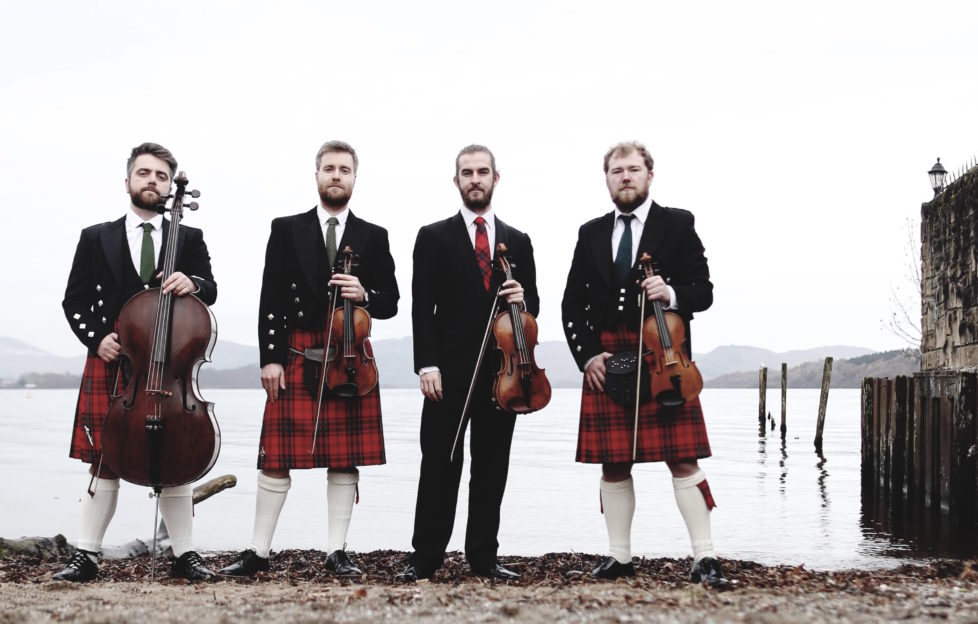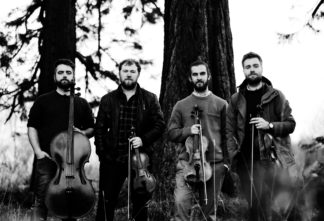Dundee Chamber Music Review

Garry Fraser takes in an incredible Beethoven performance courtesy of the Maxwell Quartet’s performance for Dundee Chamber Music
Those lucky enough to attend Dundee Chamber Music’s recent concert in the Marryat Hall witnessed something fairly unique. They experienced a performance of Beethoven’s last string quartet as it was played in its debut in 1826. That is, with the Grosse Fugue as its finale. Beethoven amended this taxing ending with a simpler movement. It is in that revised form that we normally hear it performed.
Not so the Maxwell Quartet, four young Scotsmen with a combination of superb technique and enormous stamina. You need both disciplines to play the Grosse Fugue, one of Beethoven’s most challenging and demanding works. After all, it comes after five movements of marvellous soul-searching music. In essence, it needs the three “Es” – effort, expertise and elan and this quartet has each in abundance.
 Not that the other works in their programme lacked appeal. Far from it. The opening Haydn quartet was an exercise in brightness and levity. A work with as sunny a disposition as you could wish. It was the mirror image to most of the Beethoven, especially the haunting, tearful Cavatina.
Not that the other works in their programme lacked appeal. Far from it. The opening Haydn quartet was an exercise in brightness and levity. A work with as sunny a disposition as you could wish. It was the mirror image to most of the Beethoven, especially the haunting, tearful Cavatina.
In between these polar opposites of the classical era, was a drop of Scotch and a good measure of Gallic colour and craftsmanship. The Scotch was the quartet’s own arrangement of a Western Isles air, The Boatman. The French was the Faure E minor quartet.
The Scottish melody dropped the mood from Haydn’s bright perspective to a touch of melancholy, but the Faure restored the equilibrium of lightness and frivolity. There was passion too, and deep harmonic texture. While the work and performance equalled that of Haydn in terms of quality, it was Beethoven who ruled supreme.
So did the Maxwells, whose performance was as excellent as the marvellous Op 130 quartet was absorbing.
Click this link to find out when you can catch the Maxwell Quartet live yourself.





